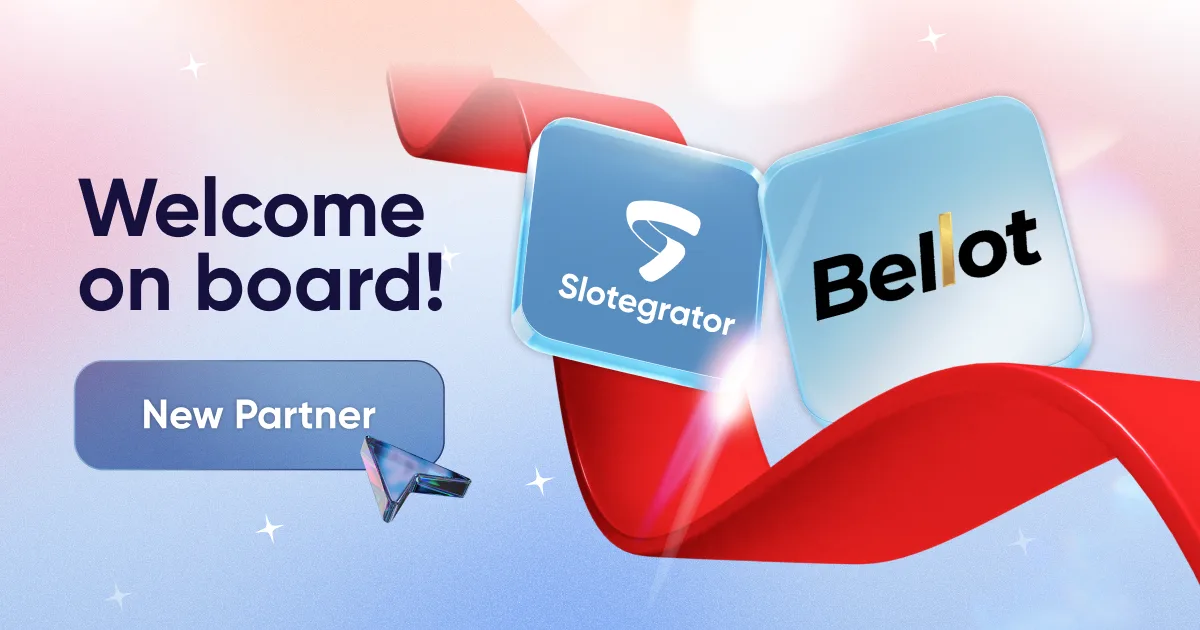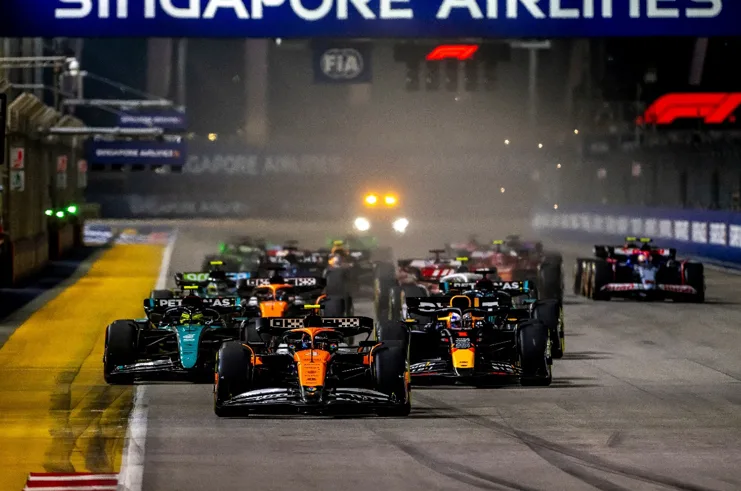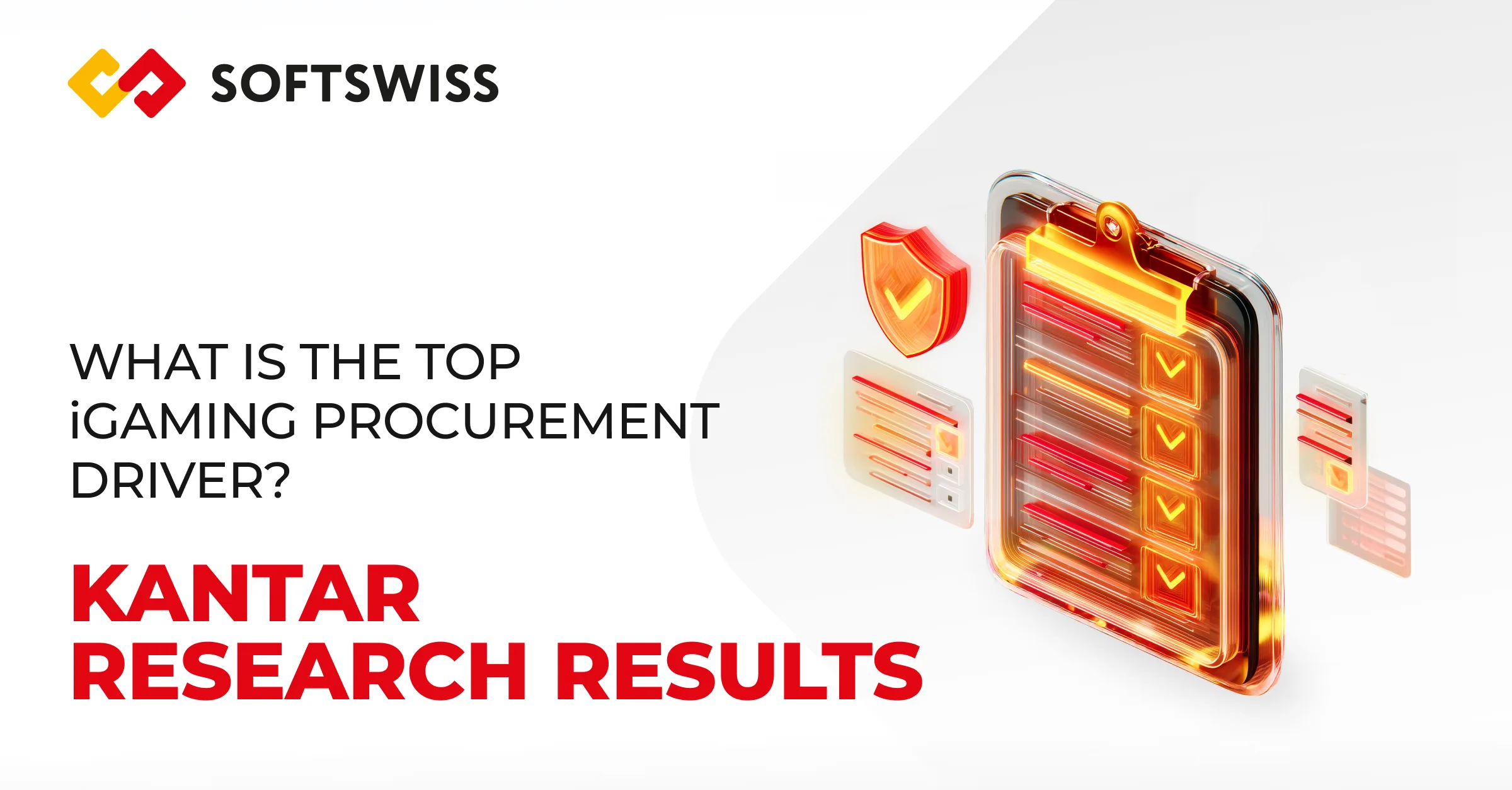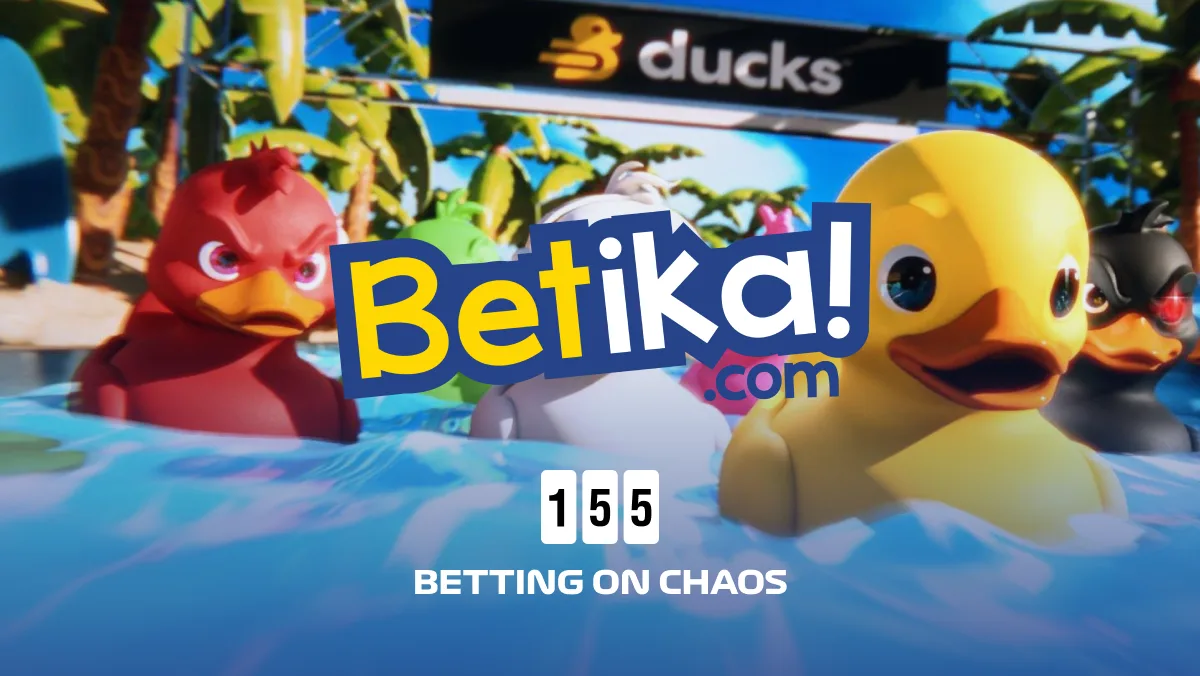Skirmante Paukstiene, a Chief Specialist at Gaming Devices Type Approval and Register Division of the Gaming Control Authority, told the GBC Time team about the legal peculiarities of the gambling business operation in Lithuania and the pandemic’s effect on the industry.
What are the latest gambling regulations in Lithuania? What is their purpose?
Gambling services in Lithuania were legalized in 2001 when the Gaming Law entered into force. Currently, gambling of the following types can be organized in Lithuania:
- machine gaming (in gaming machine halls (Category B machines) and casinos (Category A machines));
- table games (roulette, card, or dice games) in casinos;
- betting;
- bingo and totalizator.
Since 2016, gaming can be offered online. The Gaming Control Authority under the Ministry of Finance of the Republic of Lithuania (GCA) is the only body in a position to license, control, and supervise gaming operations in the Republic of Lithuania.
Gaming in Lithuania is regulated under the Gaming Law of the Republic of Lithuania. The latest Gaming Law amendments in the period of last five years are related to:
- Online gambling regulation starting in January 2016.
Legal measures against illegal gambling operators were introduced as well (Gaming Law, Article 20 (7)) – domain blocking, payment blocking, blacklisting of illegal gambling operators. Seven companies have permission to operate online gambling in Lithuania. 654 domain names are currently on the blacklist.
- Operation of gambling machines not connected with an electronic gambling machine data management system shall be prohibited.
- A digital video recording during inventory procedures.
- Self-exclusion from gambling regulation in the Gaming Law.
- Warning notice in gambling advertising.
Starting from July 1, 2020, it is required for all permitted gambling advertising in Lithuania to contain a warning message about the risk of gambling addiction and pathological gambling.
The Gaming Control Authority has approved the regulation of the warning information on the requirements for the content, its form and submission of permitted gambling advertising that the gambling operators will have to follow. The Gaming Control Authority regularly publishes an updated consultation on requirements related to permitted gambling ads.
It should be noted that, according to the Gaming Law, it shall be prohibited to advertise gaming in the territory of the Republic of Lithuania, except for the names, trademarks of the companies operating games and types of games operated. It shall be prohibited to publish any information related to gaming on websites intended for individuals under 18. A website intended for users under the age of 18 is a website where at least 4/5 of the content is dedicated to the description of events and phenomena intended for children and adolescents, their professional evaluation, information about them, and the dissemination of children’s and adolescents’ artistic and technical creations. Publication of the permitted advertising may not include any additional written, visual or audio information.
Does the black market exist in Lithuania? What steps does the regulatory body take to fight against it?
We can’t give figures for the black market in Lithuania and measure its volume but, unfortunately, it exists in the country as well.
With the regulation of online gambling in Lithuania, online services were launched on January 1, 2016. Legal measures against illegal gambling operators were introduced as well.
Article 20 (7). Measures to combat illegal operators of remote gaming:
1. The Control Authority, having conducted an investigation and established that an operator of illegal gaming activities is operating remote gaming in the Republic of Lithuania, shall be entitled to:
- Issue mandatory instructions to a payment, credit, or other financial institution to suspend payments or other financial transactions related to an entity engaged in illegal remote gaming activities in the Republic of Lithuania for up to 5 days, including settlements for participation in games organized by illegal gaming operators, pay-outs, acceptance of wagers for the benefit of an entity organizing illegal gaming. Companies, being not licensed for gambling activity in Lithuania but offering their services, shall be treated as illegal gambling operators.
- Issue mandatory instructions to a hosting service provider and/or network service provider to promptly remove the information stored by the hosting service provider, which is used for illegal gaming, or to eliminate the possibility to access this information.
2. In order to perform the actions specified in Paragraph 1 of this Article, the Control Authority must file an application for the issue of a permit to perform the actions to the Vilnius Regional Administrative Court. The application for the issue of a permit to perform the actions must state the name of the person who committed the alleged violation, the nature of the alleged violations and the intended actions.
The Vilnius Regional Administrative Court shall examine the application for the issue of a permit to perform the actions and adopt a reasoned ruling to satisfy or reject the application for the issue of a permit to perform the actions. The application for the issue of a permit to perform the actions must be examined and the ruling adopted no later than within 3 days from the moment of filing the application for the issue of a permit to perform the actions.
If the Control Authority does not agree with the decision of the Vilnius Regional Administrative Court to reject the application for the issue of a permit to perform the actions, it shall have the right to appeal this decision to the Supreme Administrative Court of Lithuania within 7 days from the adoption of such decision. The Supreme Administrative Court of Lithuania shall be obliged to examine the appeal against the decision of the Vilnius Regional Administrative Court to reject the application for the issue of a permit to perform the actions no later than within 7 days from the day of acceptance of the appeal by the Control Authority.
A representative of the Control Authority shall have the right to be present when the appeal is heard orally. The ruling of the Supreme Administrative Court of Lithuania shall be final and not subject to appeal. The courts must ensure the confidentiality of the information provided and the actions planned when considering applications and appeals for the issue of a permit to perform the actions.
3. The Control Authority shall publish information on identified operators of illegal gaming activities who illegally operate remote gaming in the Republic of Lithuania and notify that the specified activity of provision of remote gaming services is carried out illegally.
4. The procedure for restricting payments for participation in remote games operated by operators of illegal gaming activities and the payment of winnings through banks or other financial institutions operating in the Republic of Lithuania shall be established by the government or an institution authorized by it.
5. The procedure for ensuring the elimination of access to the information used for the purpose of carrying out illegal remote gaming activities shall be established by the government or an institution authorized by it.
What about the level of gambling addiction? Is it high in the country? How does the Gaming Control Authority cooperate with operators to protect players from this problem?
There are no epidemiological researches proving gambling addiction levels in Lithuania. The latest research of population made in 2017 using SOGS type measure tools shows that ~ 2.5 % of respondents have signs of problem gambling (~ 0.6% are pathological gamblers, ~ 2.5 % are problem gamblers).
Since gaming was legalized in our country, the GCA is the only and unique institution directly engaged in problem gambling prevention initiatives in Lithuania. However, only two of fifty-three functions of the GCA are related to problem gambling prevention.
Two of twenty-seven specialists are working with it. We have two psychologists in our institution who are directly working with these issues: consulting people coming to our institution and seeking support in solving their gambling problems, holding public seminars, lectures in educational institutions (schools, universities, etc.), for specialists related to mental support or treatment services, leading support group for gamblers’ relatives, etc.
In their practice with problem gambling prevention in the GCA, they had already consulted ~ 3000 people with gambling problems.
According to data of December 31, 2020, 17 348 applications were submitted to the Register of Persons Restricted from Participation in Gambling (i.e. ~ 381 applications per month/ ~ 13 applications per day). Seven percent of the applicants are women, 93% are men, 86% are 18-40 years old.
On May 1, 2017, the amendments to the Gaming Law introducing regulation of self-exclusion from gaming entered into force. This is one of the very important problem gambling prevention measures, which was regulated in law for the first time in Lithuania. From this date, each person shall have the right to submit the application to prohibit them from participating in gaming. This National Register is linked to other State Registers (Residents‘ Register of the Republic of Lithuania and to the Register of Legally Incapacitated Persons and Persons of Limited Capacity). Together with other problem gambling prevention functions, the GCA administers this Register. 17 348 applications were submitted to the Register.
We cooperate with gambling operators encouraging their responsibility in their activity, for example, in responsible gambling promotion. The Gaming Law requires the warning signs in permitted gambling advertising, and the GCA controls how the operators keep this inline.
Further measures implemented on the initiative of the GCA are:
- Public education focused on suitable attitudes, accurate expert knowledge of gambling risk, problem gambling signs. Social advertising, having a task to develop critical thinking both of gamblers and of their relatives.
- Specific target groups (problem gamblers, parents, adolescents) are reached via leaflets to inform them about gambling risk, help methods. E.g., we have noticed that in the periods of broadcasting of social advertising, the applicants activity increases considerably – we receive 50% more self-exclusion applications, the people seek consultations more often.
- Attention to adolescent gambling prevention.
- Gamblers’ relatives support by counseling of gamblers relatives, moderation of Gamblers Relatives Support Group. The group was created in 2015.
What are the most popular gambling products among Lithuanian players?
It can be said that in 2020 most popular gambling products among Lithuanian players were remote gambling on A Category gaming machines (casino slot machines) and remote betting. It can be seen from the amounts paid by gamblers for gambling. These two types of gambling account for as much as 76 percent of the total amount paid for gambling.
What are the main challenges in the gambling market that the Gaming Control Authority faces?
Our main challenges are proper and effective market control, protection of interests of gamblers and licensed gambling operators, measures against black-market offers, match-fixing prevention in cooperation with national betting operators and other involved institutions and organizations, participation in legal drafting initiatives to keep market regulation on the highest level, to ensure sustainable and responsible market and market players.
How did the pandemic affect the retail gambling market in the country? Was there a considerable decrease in 2020’s GGR?
In 2020, remote gambling was very popular, but it may have been influenced by quarantine, during which (about 4 months) the terrestrial gaming venues were closed. The distribution of GGR among the types of gambling was: GGR in remote gambling – 36%, GGR in terrestrial gambling – 64% in 2019, and GGR in remote gambling – 58%, GGR in terrestrial gambling – 42% in 2020. The total GGR (in remote and terrestrial gambling) in Lithuania was €103.5 million, and it was 8.1 percent lower than in 2019.
What gambling laws does the industry require to adopt for a perfect model of operation, which will promote responsible gambling but allow operators to save their revenue at the same time?
No such specific regulation, only the Gaming Law is regulating gambling operation in Lithuania.
Is it possible for international companies to enter the market? If yes, what do they need to get a license?
The licensing provisions are established in the Gaming Law. As already mentioned gaming can be operated by properly licensed companies having specific permission. Licenses to operate games shall be issued by the GCA.
A company entitled to operate games means a public or private limited liability company established in accordance with the procedure enshrined in the Law on Companies of the Republic of Lithuania. For the purposes of this Law, a company shall also include a branch of a legal person of any legal form or organization without a legal personality, established in another Member State in accordance with the legislation of that State, which has been authorized to engage in gaming activities in that Member State, which has a registered office in the Republic of Lithuania and exercises all or part of the functions of the legal person (Article 2 Part 20).
Companies that have been issued licenses to operate games and permits to open machine halls, bingo facilities, gaming establishments (casino) or having been issued licenses to operate games and after the GCA approves totalizator or bookmaking regulations shall be entitled to operate games.
A company wishing to operate remote gambling must have at least one of the licenses to operate games, referred to in Paragraph 1 of Article 5 of this Law, and a permit to operate remote gaming, as well as to comply with other requirements established in this Law (Article 8).
Article 81 (Remote gaming operators) establishes:
Companies that have obtained a license to operate games in accordance with the procedure established by this Law, have established at least one of gaming facilities (casino) or at least 5 totalizator stations to operate a horse totalizator, or at least 10 machine halls, or at least 20 totalizator stations, or at least 20 totalizator stations, and providing gaming services therein, have obtained a permit to operate remote gaming in accordance with the procedure established in Article 21 of this Law and when the Control Authority approves the relevant remote gaming regulation. The authorized capital of a company wishing to operate remote gaming of all types must be at least €1 158 000. Remote gaming may be operated by a branch of a foreign company in the Republic of Lithuania that has received the relevant license and permit if the person having established this branch complies with the authorized capital requirements established in this Law.
Read more: Best Indian Casinos












